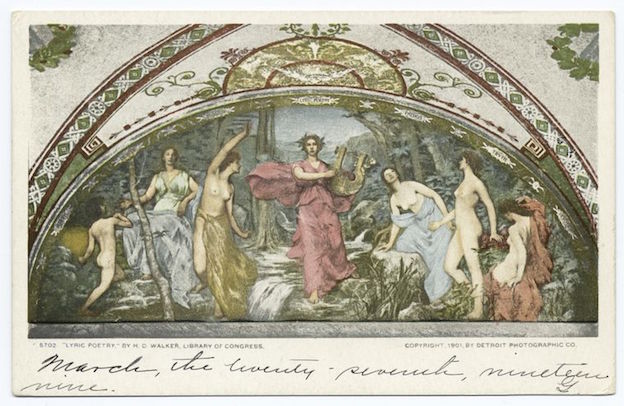At the function dedicated to reopening the US Embassy in Havana, Richard Blanco read from a poem that declared: “No one is other, to the other, to the sea, whether / on hemmed island or vast continent, remember.”[2] His poem, “Matters of the Sea,” projects optimism about unity and renewal — or is it didacticism? — diplomacy? All of the above?



